ESG & Institutional Investment
Part 2
Henrique C. Martins
Climate Change Economics
You must be aware that this class is based on the Climate Change Economics webinar available at https://www.aeaweb.org/webcasts/2020/climate-economics-part-1.
Today, we will discuss:
- Global Energy Systems and Markets
The idea here is to understand more about the effects of climate change problems, how to create sounding policies globally, and how to create a framework of thinking to tackle environmental issues.
We will not talk much about the S and the G today.
Climate Change Economics
Main takeaways
Energy is critical for growth
Developing countries will grow and will consume more energy
Fossil fuels are expected to meet much of this growth
Fossil fuels are inexpensive
Fossil fuels are abundant
Climate Change Economics
The main issue of discussion today is the Global Energy Challenge (we will understand what is that in a minute).
China grew a lot and one reason is inexpensive energy.
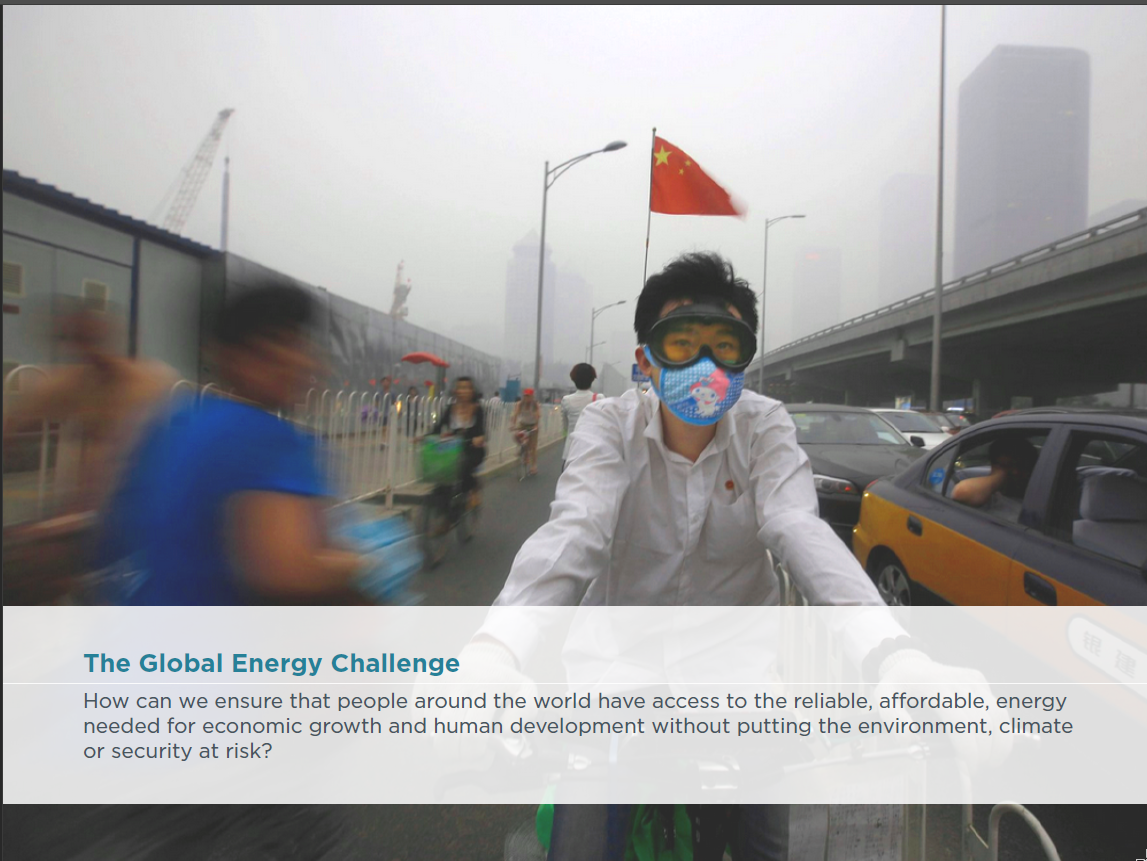
Climate Change Economics
The main issue of discussion today is the Global Energy Challenge (we will understand what is that in a minute).
To really tackle E problems, we need to find ways to pursue three goals at the same time:
Access to inexpensive and reliable sources of energy.
How to manage the pollution that comes as the energy is used (so the quality of life does not worsen).
How to manage the CO2 emissions (i.e., Climate Change).
The Global Energy Challenge is how to balance these issues.
Climate Change Economics
Pollution in SP has been higher than recommended for a while.

Climate Change Economics
The traffic is intense everywhere.

Climate Change Economics
Still, public transportation works but only to some extent.

Climate Change Economics
To change that, we need energy. Energy is critical for growth Source

Climate Change Economics
To change that, we need energy. Energy is critical for growth Source
Climate Change Economics
There is a strong correlation between growth and energy consumption.
And there is several parts in the world not consuming much energy. Perhaps most striking, notice the number of countries consuming not much energy. They are mainly developing countries.
If we believe they will grow more rapidly in the future, they will consume more energy.
There is no evidence in data of countries getting rich without consuming energy.
The idea of decoupling energy consumption from growth is actually a thing in some countries.
Still, poor countries are not doing a good job in that area.
Climate Change Economics
The idea of decoupling energy consumption from growth is actually a thing. Source

Climate Change Economics
Demand will grow more rapidly in developing countries, where most of the world’s population lives.

Climate Change Economics
Demand will grow more rapidly in developing countries, especially in east Asia.Source

Climate Change Economics
Developing will grow more than developed countries.

Climate Change Economics
Developing will grow more than developed countries.

Climate Change Economics
In fact, there are very low levels of energy consumption in several parts of the world where many billions of people actually live.
And they are expected to consume more if they want to grow.
To say that they will not consume more is the same to say that they:
- will not grow,
- Will have access to clean energy, technology, etc.
- will decouple energy consumption from growth in a way that, even today, richer countries didn’t.
Climate Change Economics
Fossil fuels are expected to meet much of this growth.

Climate Change Economics
Fossil fuels are inexpensive.

Climate Change Economics

Climate Change Economics
Source. Around 60 BRL cents, around 10-12 cents USD.

Climate Change Economics
So, if you think that developing countries will grow without using fossil fuels…
…you believe they will pay 2-3 times more for energy.
Climate Change Economics
Fossil fuels will be around for a while. Source.
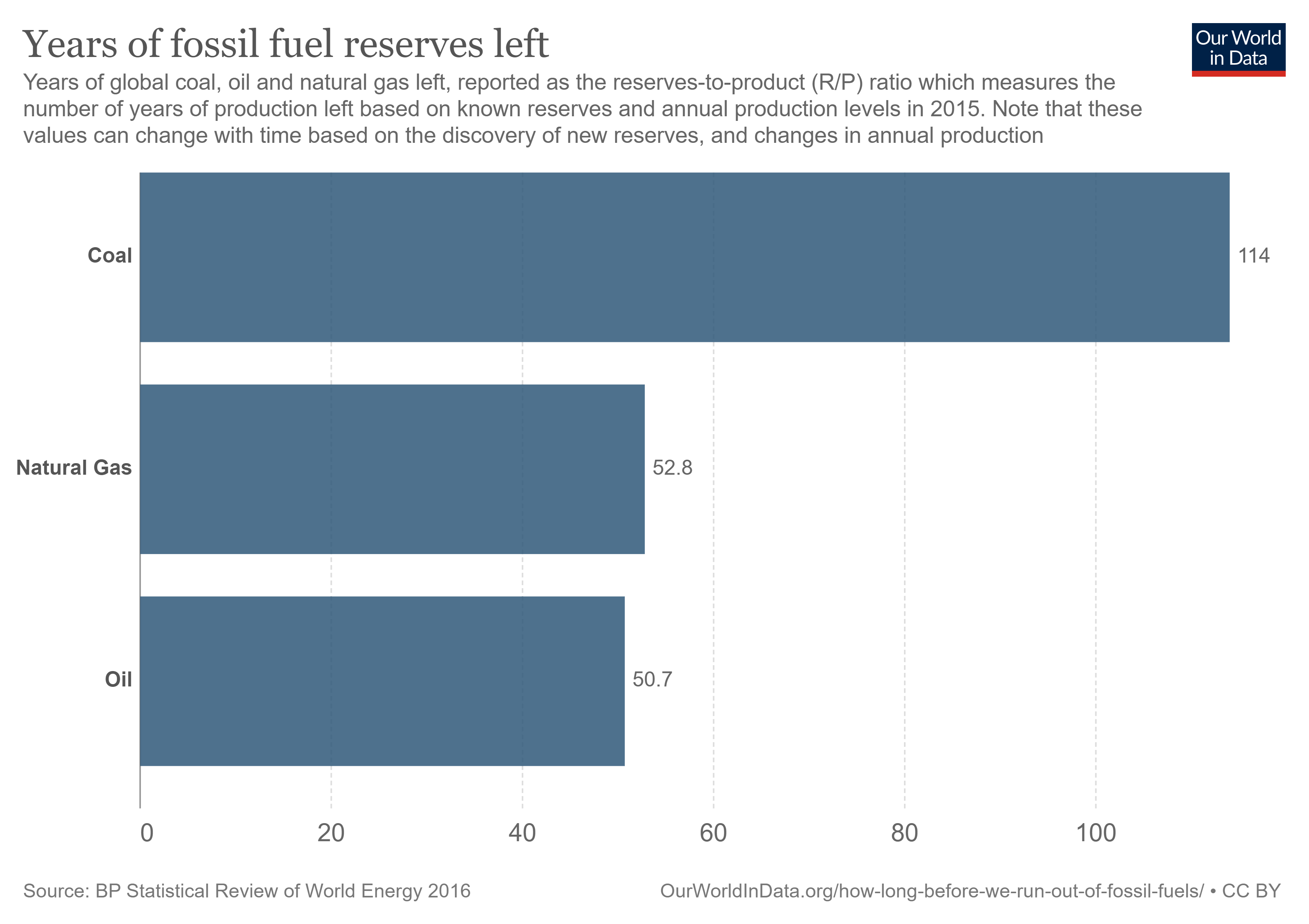
Climate Change Economics
Fossil fuels will be around for a while. We keep finding new reserves of fossil fuel.
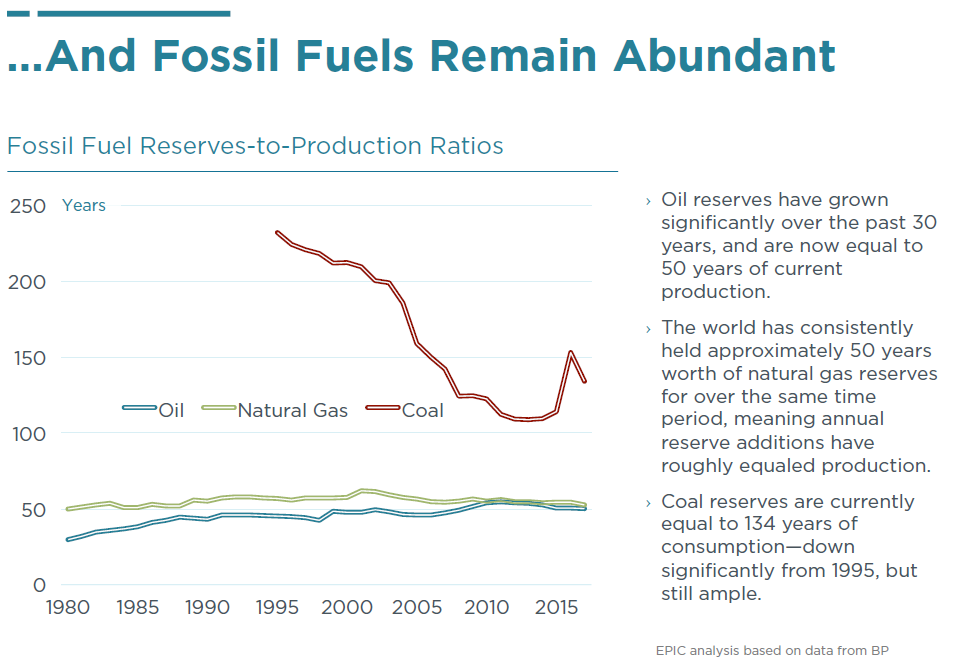
Climate Change Economics Source
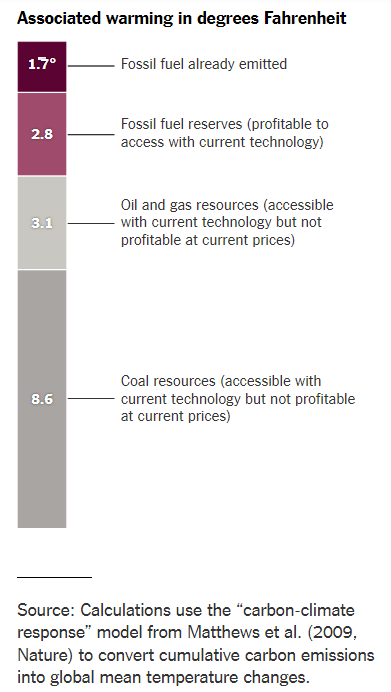
Climate Change Economics
The takeaway is: we have more oil and coal than needed.
- We have more than 100 years of fossil fuels yet.
- Additionally, we keep finding new fossil fuels for decades.
- Oil is basically limitless (at the least for the timeframe of most discussions).
Climate Change Economics
And if you think that tackling the transportation problem is enough, it is not!
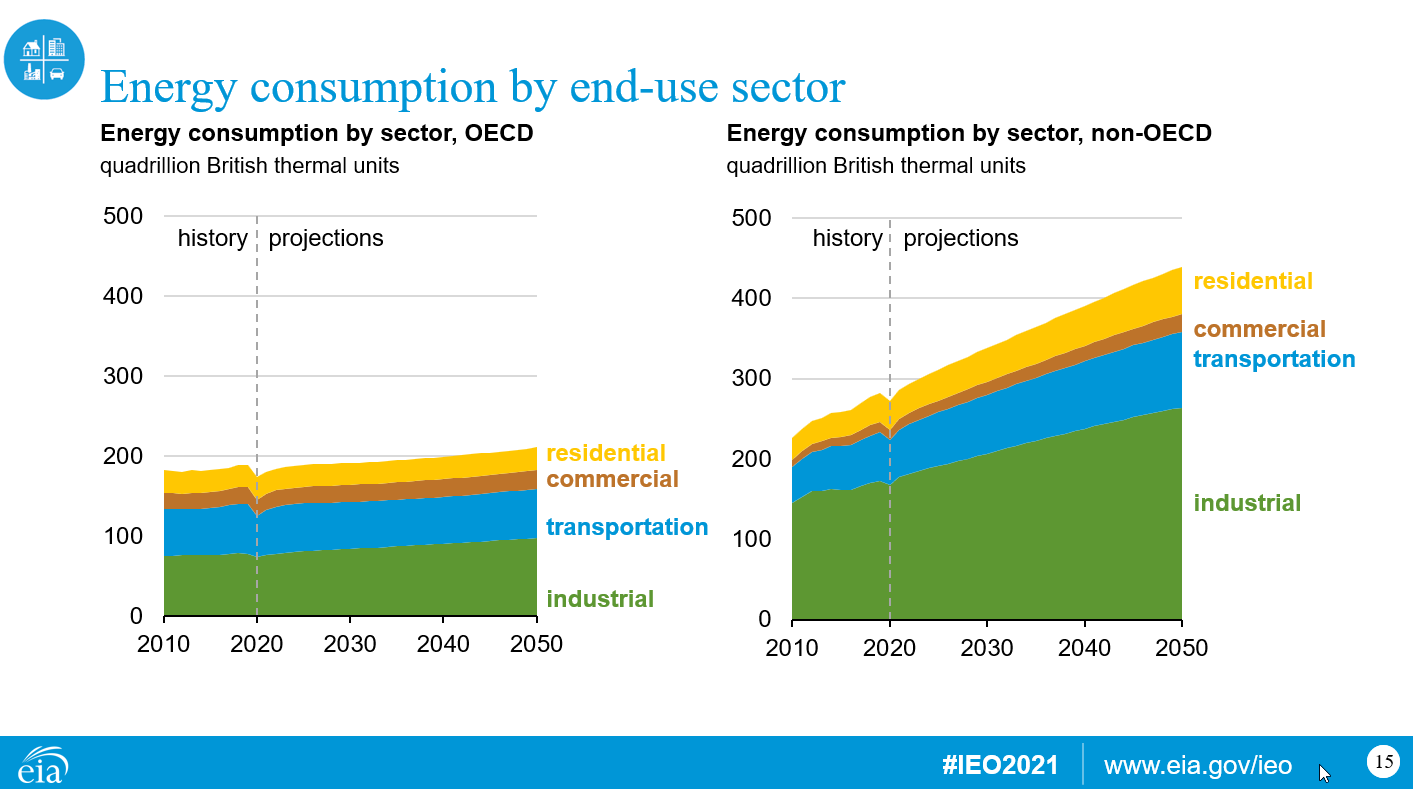
Climate Change Economics
So the million dollar question is:
How can we, as a society, tackle the environmental problem in a way that is fair (across countries)?
Answers based on the idea of “everyone should do a part” are not really helpful in the sense that we would never agree on what the responsibilities are.
Questions?
Climate Change Economics
Not necessary to say that fossil fuels increase pollution…
… that shorten people’s lives.
Climate Change Economics

Climate Change Economics
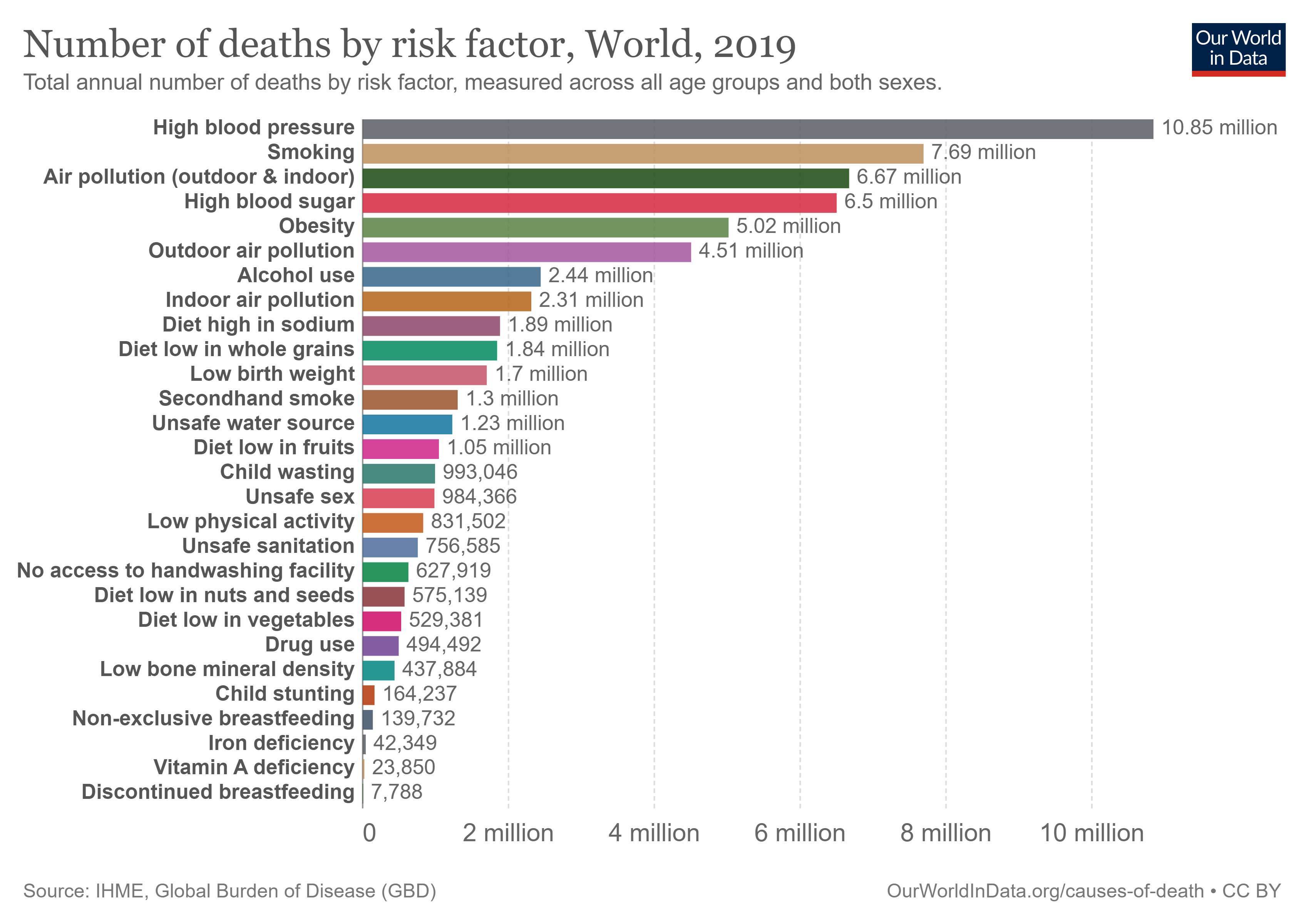
Climate Change Economics
Climate Change Economics
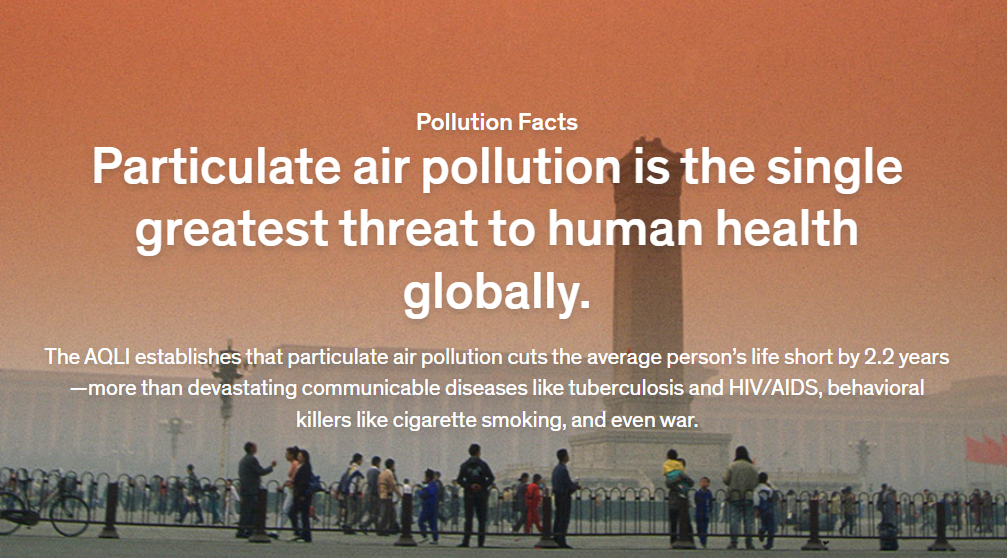
Climate Change Economics
To create sounding policies, we need to understand causal relationships between variables. Only then, we will make progress when drawing social policies.
This is where things can get tricky.
This is where the selection bias plays a role.
To understand the real causal effects of pollution on health, we need Randomized Control Trials.
- And the reason is quite simple, several risk factors are correlated (pollution, poverty, bad nutrition, smoking, etc).
- We would need to separate one from another, which is not easy empirically.
Climate Change Economics
For instance, to answer questions such as
- “Does pollution affect life expectancy?”
- “Does a 4-day week affect productivity?”
- “Does diversity affect performance?”
- etc.
We would need Randomized Controlled Trials (RCTs).
Climate Change Economics
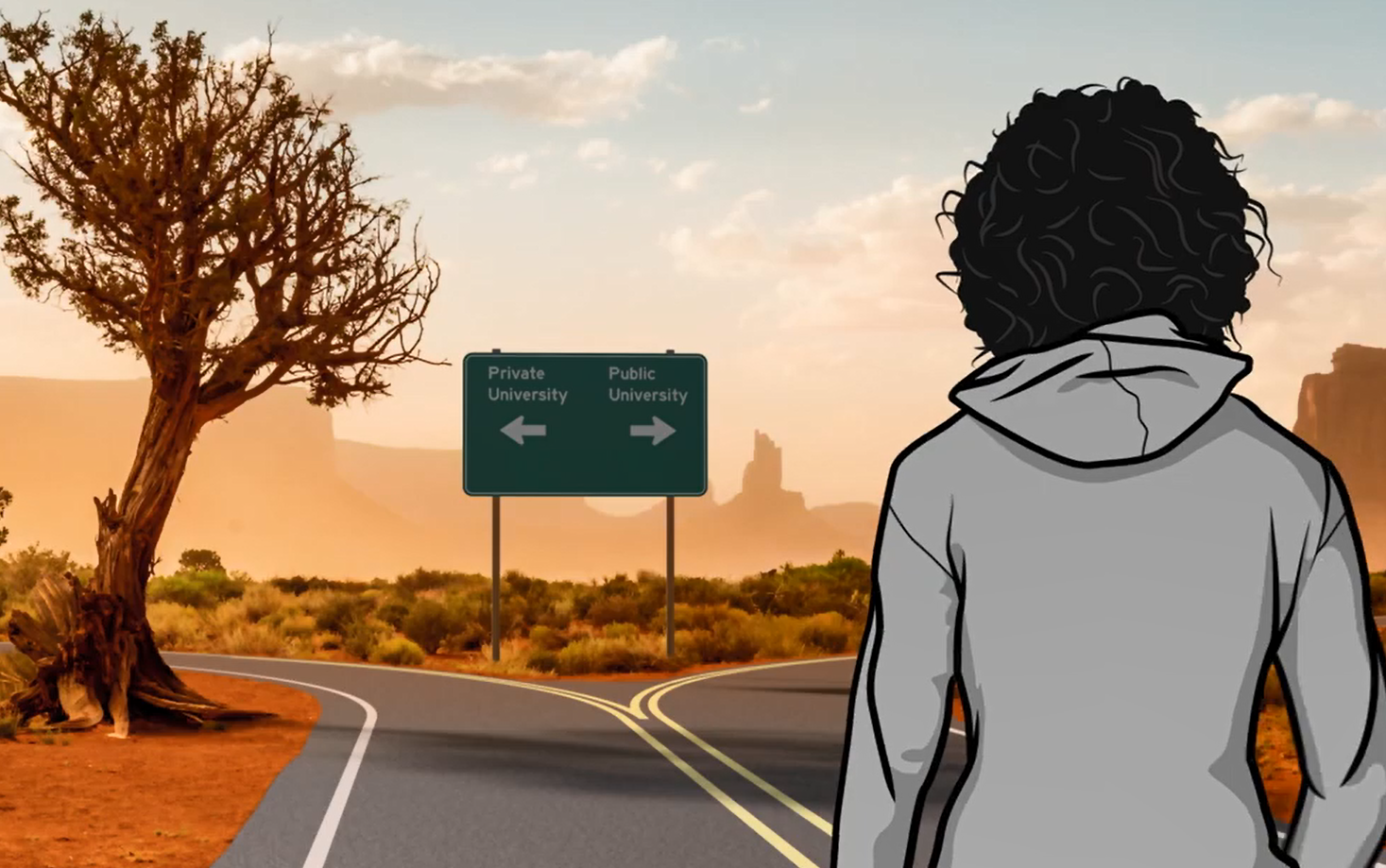
Climate Change Economics
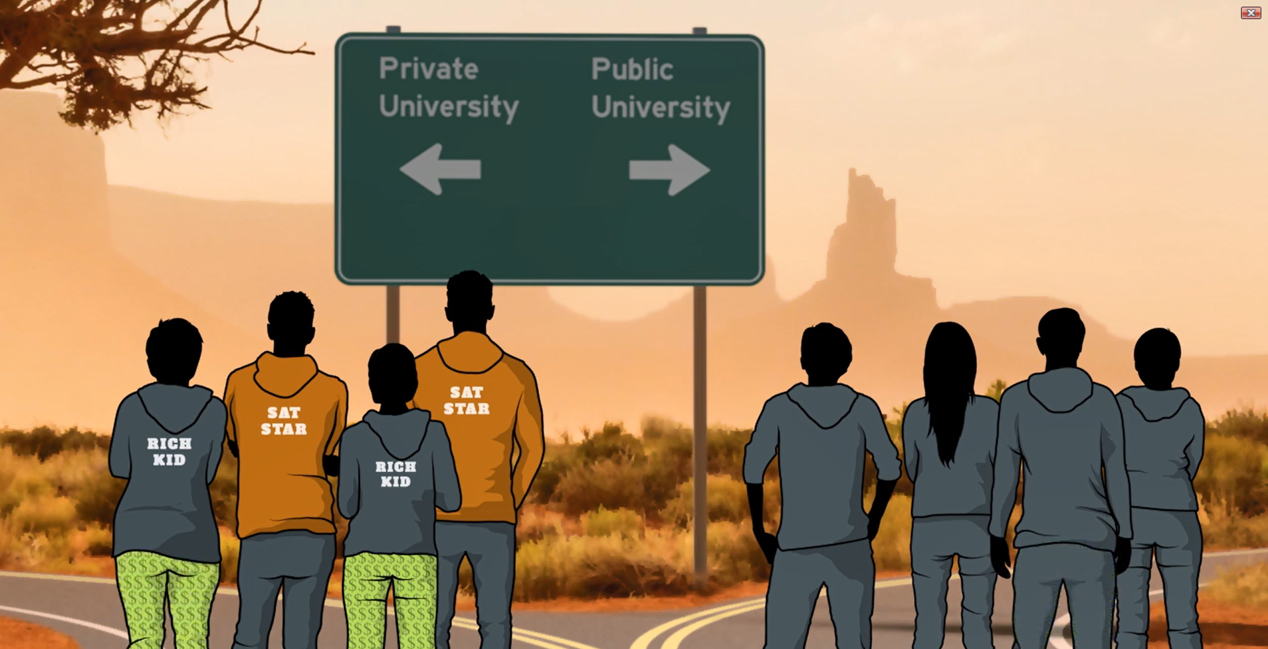
Climate Change Economics
This is an experimental design that intends to answer causal questions.
Unfortunately, the current debate almost always ignores these problems.
The current debate is way less technical than it should be.
But to actually find good answers, we need a more technically-grounded debate.
It is kind of our job to improve the debate.
Questions?
Climate Change Economics
Climate is expected to change.
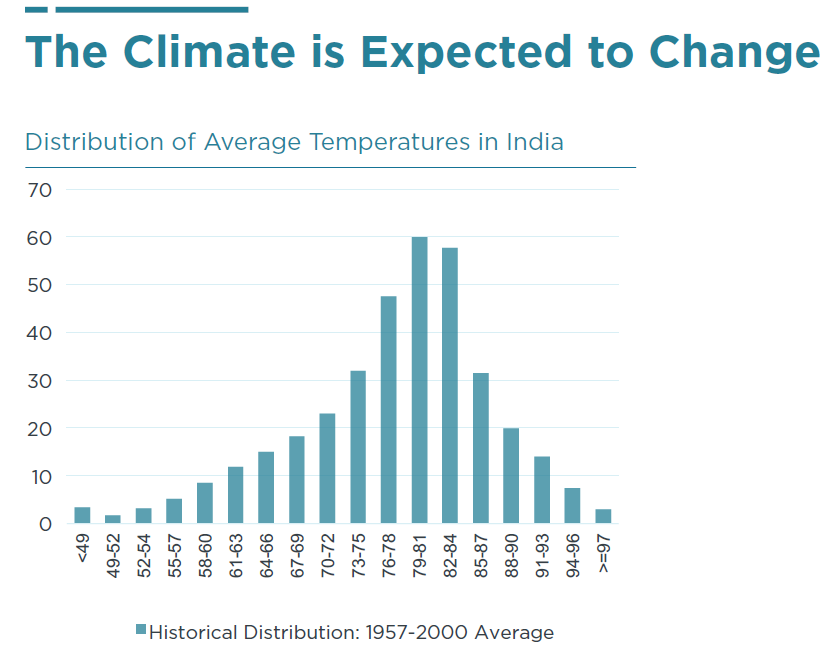
Climate Change Economics
It is not about 2C higher on an average day. It is about the distribution & variation of the increase. This is where problems are.
Limiting to 2C does not really mean much.
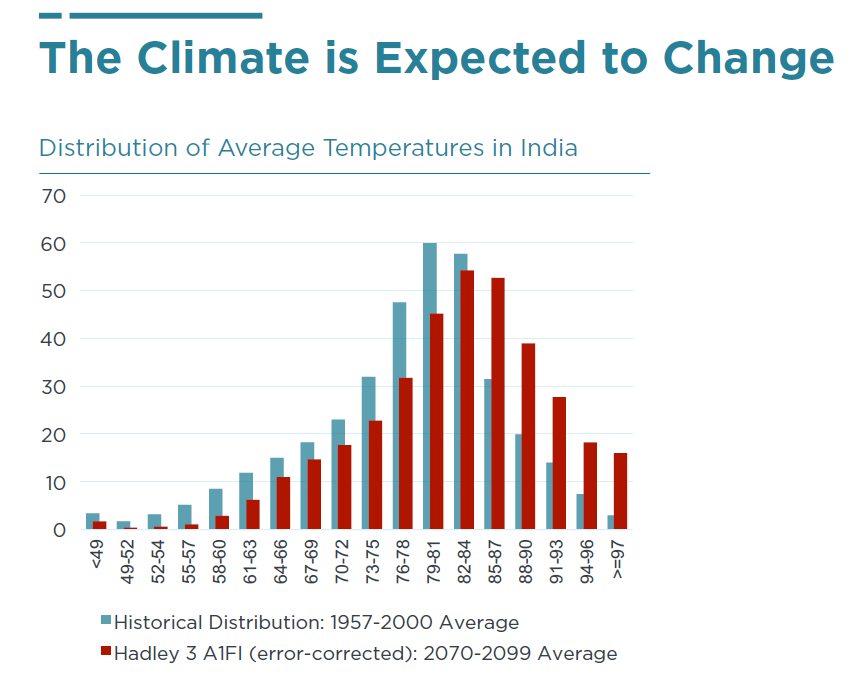
Climate Change Economics

Climate Change Economics
Also, most of these days will occur in developing countries.
Which brings again the question that How can they grow while limiting the effects of pollution and energy use?
Climate Change Economics
Innovation is certainly a good course of action. Source
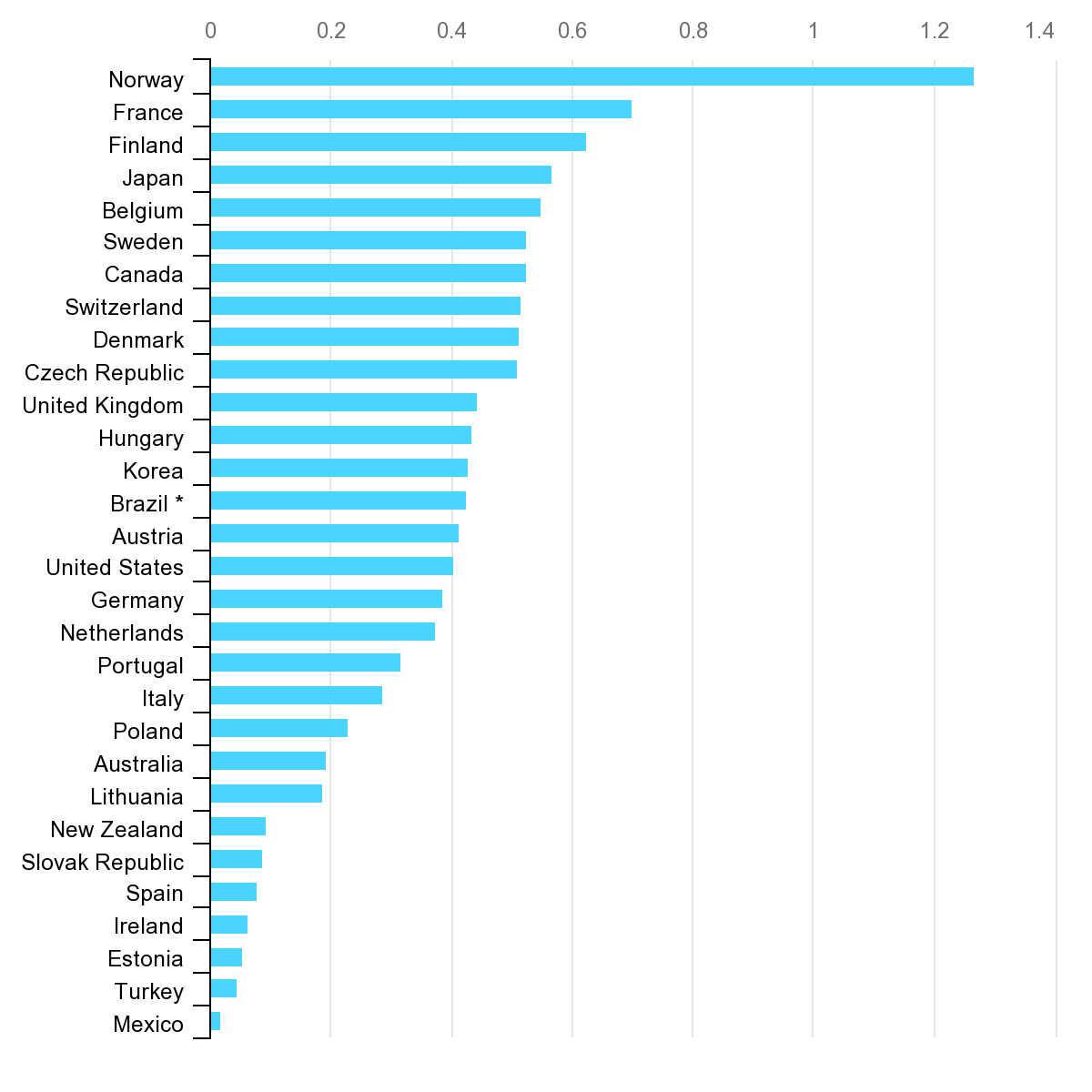
I hope you like this class!
Find me at:
https://eaesp.fgv.br/en/people/henrique-castro-martins
https://www.linkedin.com/in/henriquecastror/
